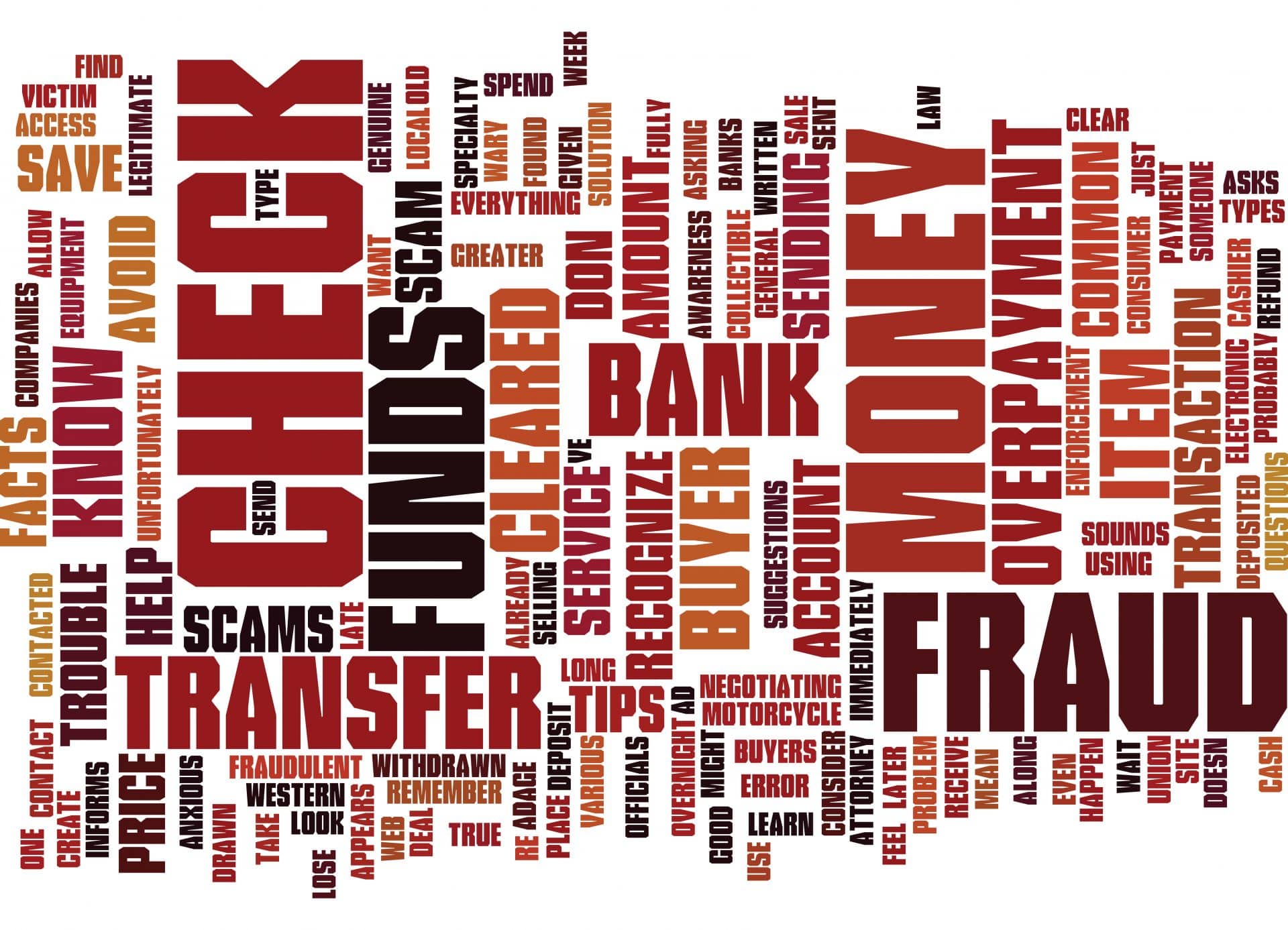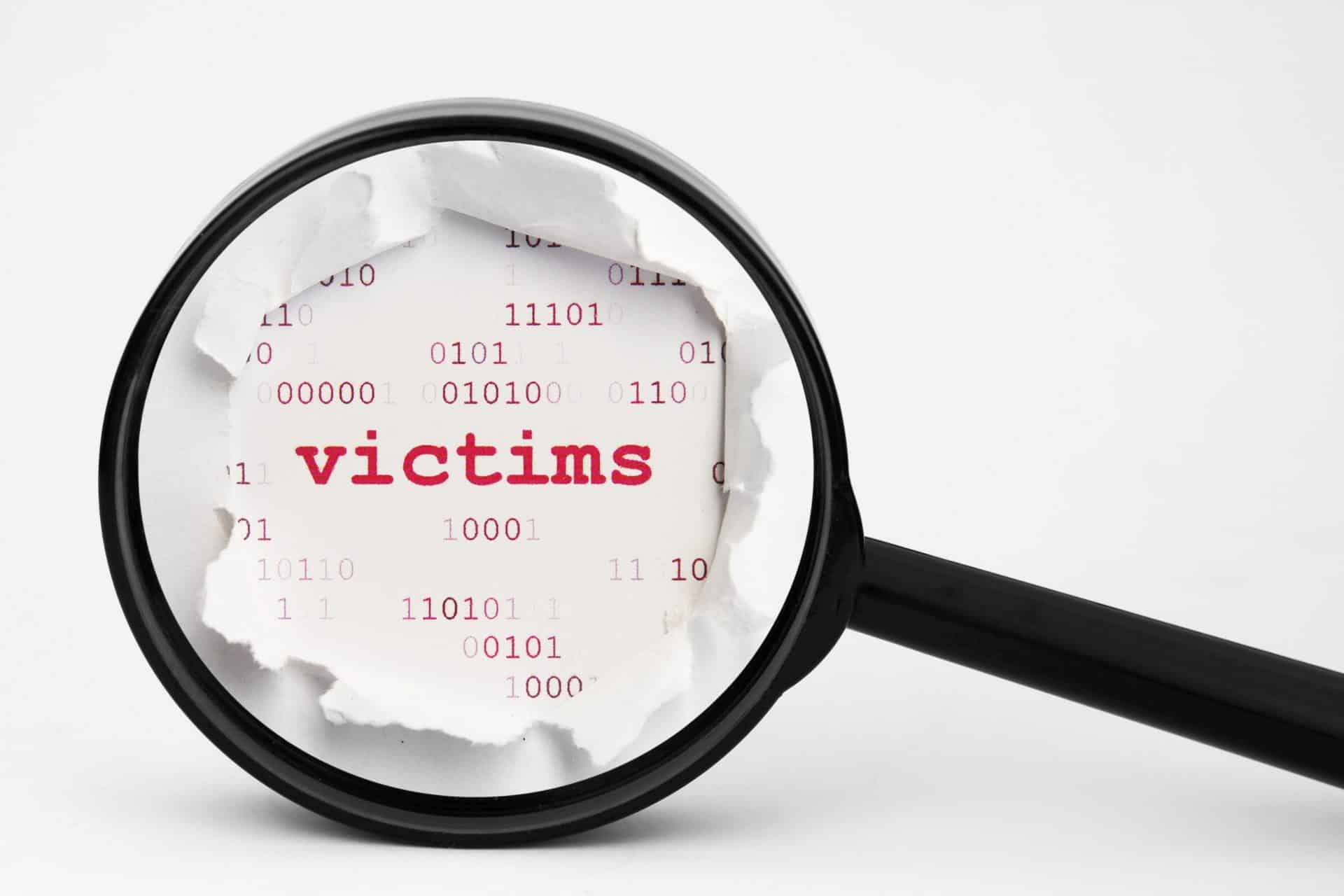
The coronavirus pandemic has put the US, and indeed much of the world, at an economic standstill. Many Americans are feeling the financial burden of this pandemic, whether through lost wages, lack of child care, or simply stocking up on groceries.
Fortunately, the Trump administration has proposed the idea of sending cash payments to Americans as part of a stimulus package. That said, it takes an act of Congress – literally – before this can actually occur.
Unfortunately, as we all anxiously awaiting the arrival of government-issued stimulus checks (or direct deposits), the Federal Trade Commission expects for some criminals to exploit the situation through an increase of check fraud scams.
We’ve put together a guide covering when you can expect valid coronavirus relief to arrive, how to spot check fraud, and what you can do if you fall victim to this crime.
Is Relief Already on the Way? If Not…Then When?!
While updates are being made on a daily basis, as of the date of this writing, relief checks have not been cut. Recently, the Department of Treasury issued a proposal calling for checks to be issued April 6 and May 18, 2020. However, some fear these accelerated deadlines are logistically impossible to meet.
Once the proposal is sent to Congress, it must be reviewed and passed. Then, senators vote on the bill. Everyone expects at least a first payment of between $1,000 and $2,000 per adult for the majority of annual taxpayers.
While it’s unclear right now whether the payment amount will ultimately depend on income, the government is working to address low-income households with further public assistance programs.
Some of the ideas being considered are:
- Increased funding for public health programs, food stamps
- Free or subsidized school lunches
- Increased unemployment insurance
- Ensuring paid family and sick leave for employees of small businesses
Right now, we don’t know when the coronavirus relief checks will arrive. Keep checking media outlets for updates. The most important thing to remember is that checks simply haven’t been issued yet, and it could still take more time.
Avoid Falling Victim to Check Fraud
Clearly, many Americans are eagerly awaiting their government stimulus packages, leaving them vulnerable to scammers, who could issue false checks or requests for payment in order to steal identities of Americans and perhaps their money.
You can avoid falling victim to check fraud by remembering the following:
- The government will not ask you to pay any fees to access your check. No fees, no charges of any kind will be included in any legitimate government checks.
- The government will not call you to ask for a Social Security number, bank account information, or credit card number. Any such call is a scam.
- These stimulus checks aren’t yet a reality. Anyone who tells you they can get you the money now is a scammer.
- No matter when or how much, anyone who asks you for money or personal identifying information is a scammer.
The reason we want to stress vigilance? Because we’ve seen the effects of falling victim to fraud crimes during normal day-to-day life. Falling victim to check fraud during an already financially trying time would be devastating to many New Yorkers.

NY Fraud Crime Victim Compensation
Should you be hit with check fraud, you have the right to compensation through the New York Office of Victim Services. This Office can help you recover any financial losses you might have suffered as a result of check fraud or other crimes.
However, you must file a police report within one week of learning that you’ve fallen victim to fraud and file a claim with the Office of Victim Services within one year.
If it seems too good to be true, it probably is. Be on the lookout for scammers, who are likely to exploit personal financial strain for their own gain.









